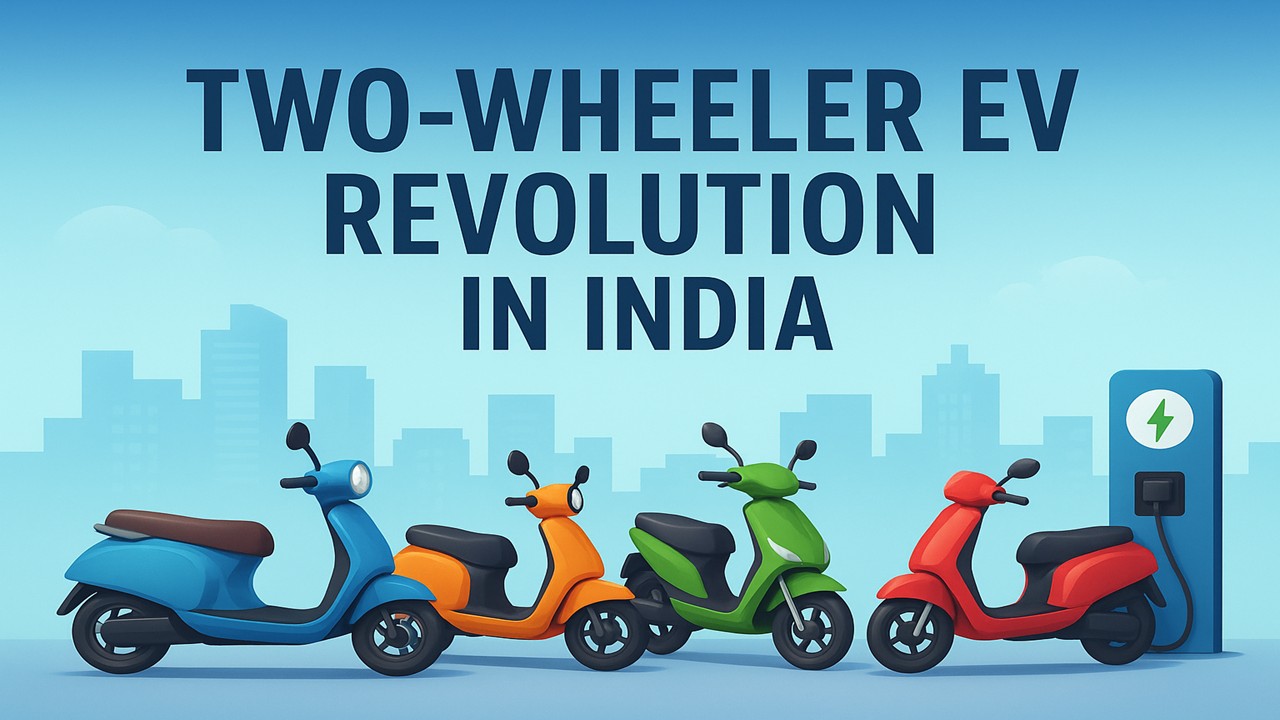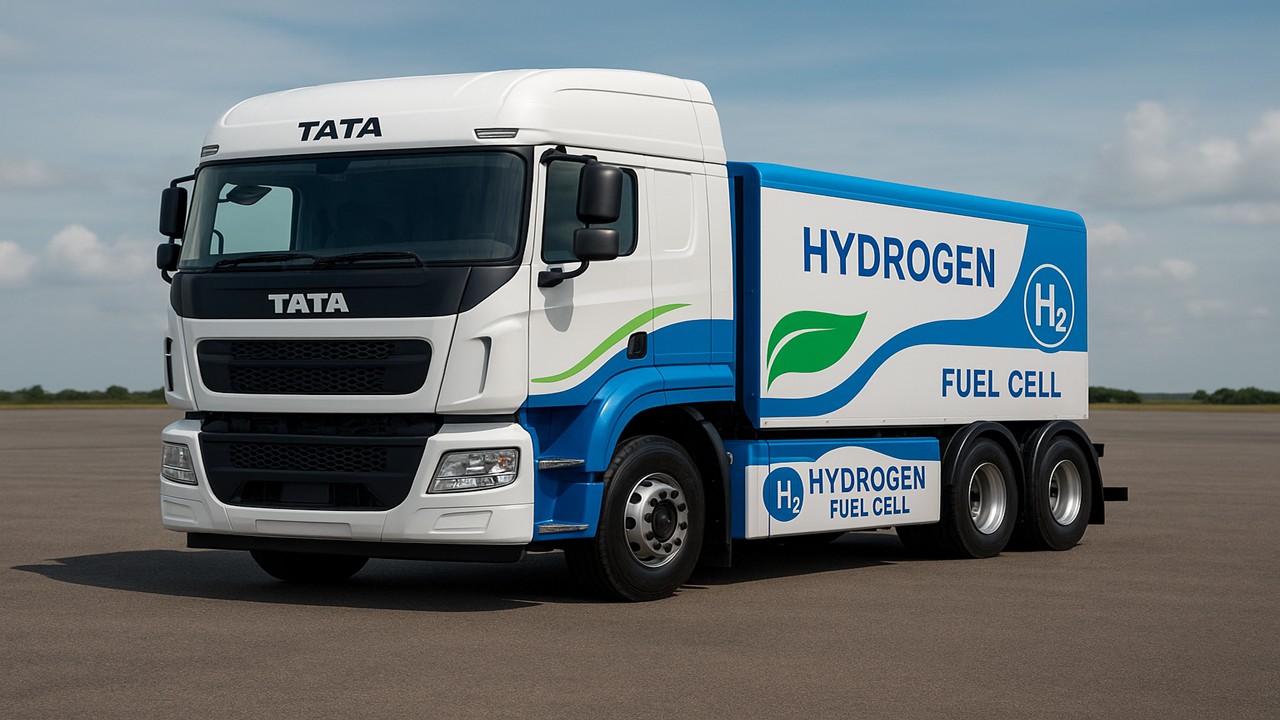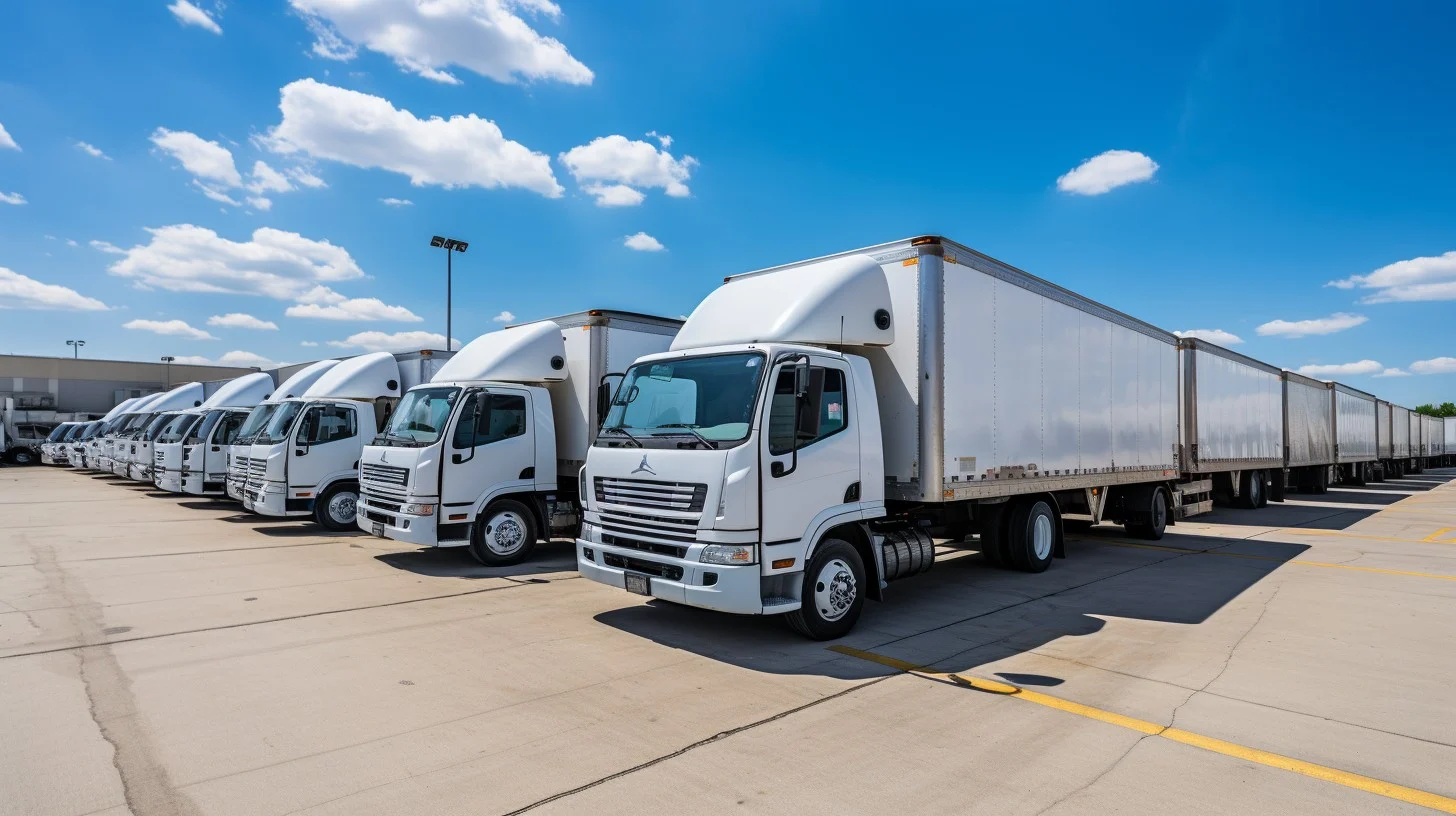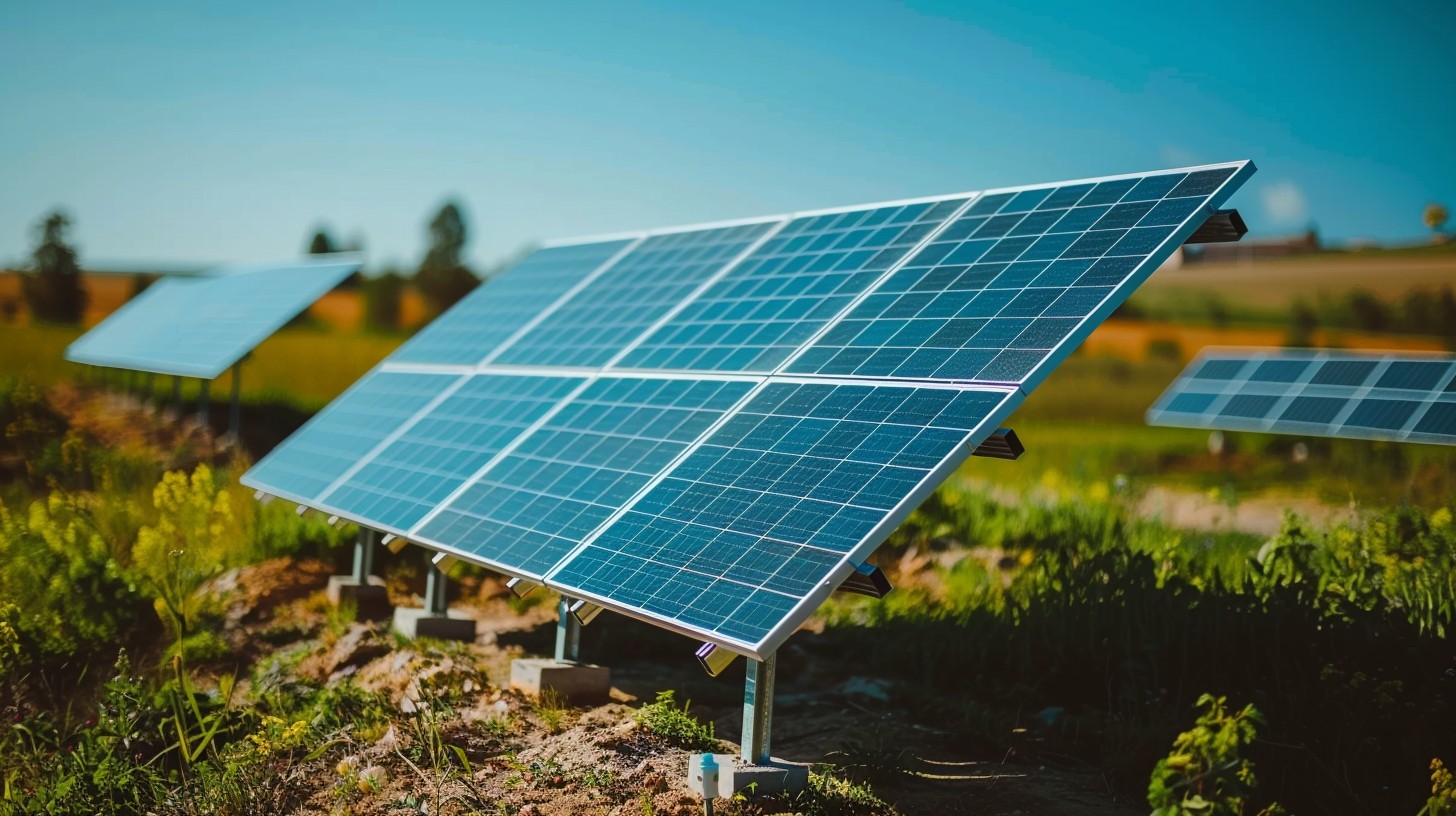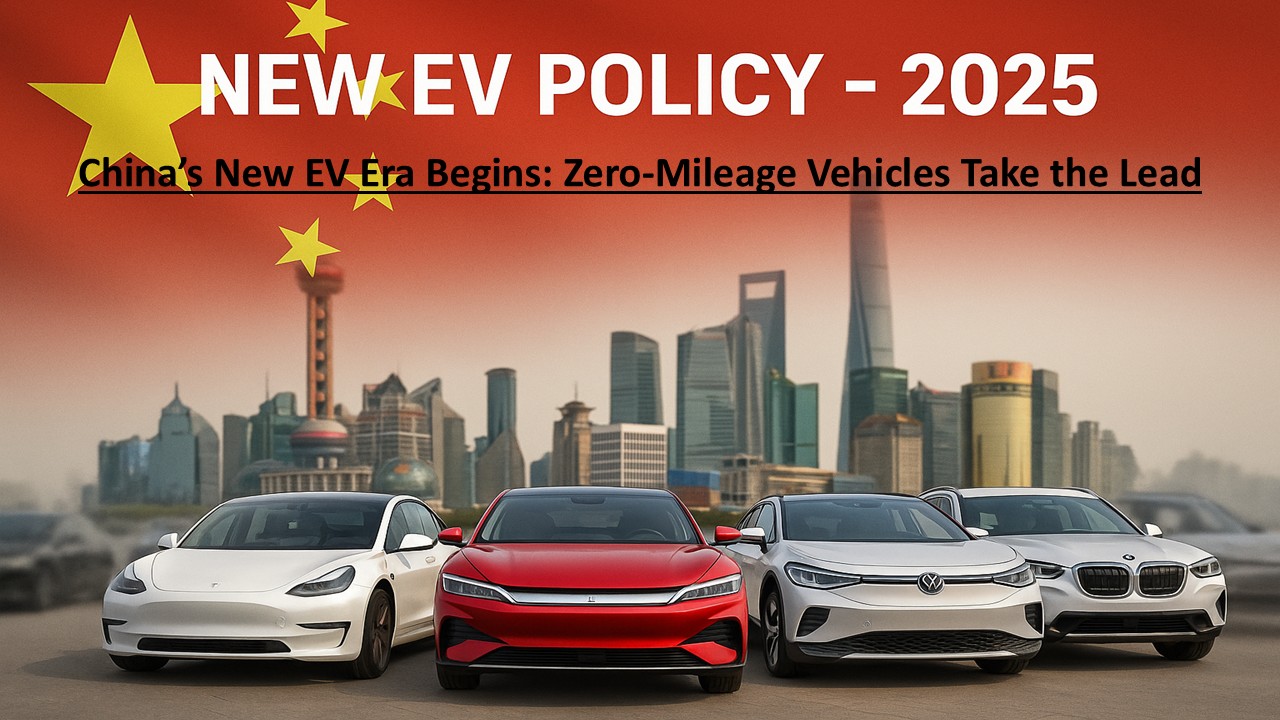
Date: 20 July 2025
Latest News
The Chinese government has announced a sweeping change in its auto policy set to take effect from July 2025, aimed at boosting the production and adoption of New Energy Vehicles (NEVs) like electric cars. In a move that could reshape global competition, China will remove some longstanding restrictions on foreign car manufacturers. This is expected to benefit companies like Tesla, Volkswagen, BMW, and BYD significantly.
Key Highlights of the New Policy
1. Relaxation of Foreign Investment Restrictions
China will ease ownership rules for foreign carmakers, especially in the electric vehicle (EV) sector. This means:
- Companies like Tesla or Volkswagen can have full control over their Chinese ventures.
- No need for mandatory joint ventures with Chinese firms for many EV categories.
✅ Impact: This will attract more direct foreign investment and speed up innovation in the Chinese EV market.
2. Push for Zero-Mileage Vehicles (New EVs Never Used)
China’s new EV policy is now taking strict steps to eliminate refurbished or old-stock vehicles sold as new. Under this policy, zero-mileage vehicles will be promoted—meaning brand-new electric vehicles that haven’t been registered or used at all.
What is a Zero-Mileage Vehicle?
A zero-mileage vehicle is technically “new” because it has never been registered or used on the road. However, it might have been sitting in warehouses or dealerships for months or even years, sometimes with outdated technology or features.
Why is this a problem for consumers?
- Old Tech, New Price: Customers often unknowingly pay full price for models with outdated hardware or software.
- Battery Degradation: Extended periods in storage without use can damage the battery and other EV components.
- Reduced Warranty Period: Some manufacturers start warranty coverage from the manufacturing or dispatch date, not from the sale date.
- Resale Value Drops: Even though the buyer thinks it’s a “new” car, resale value drops because the model is already old.
What’s Changing Now?
The new regulation encourages manufacturers to build fresh, energy-efficient EVs, not just repaint or repackage unsold inventory. This supports China’s goal to cut emissions, raise safety standards, and boost battery recycling efforts.
🔄 Impact:
- Consumers get real value with genuinely new vehicles.
- It reduces stockpiling and misleading sales practices.
- The market for refurbished or converted EVs may shrink significantly.
This marks a major shift toward greater transparency and trust in China’s EV industry
3. Boost to Domestic Players Like BYD
While the policy benefits foreign firms, Chinese EV leaders like BYD, Nio, and XPeng will also benefit:
- More collaboration opportunities with global tech firms.
- Faster tech upgrades due to increased competition.
✅ Impact: Chinese EV makers may expand globally faster, supported by stronger local policies.
4. Technology Transfer & Innovation
By opening its market, China is aiming to:
- Attract global innovations in battery tech, AI-based driving systems, and green mobility.
- Encourage R&D hubs by foreign firms inside China.
✅ Impact: This will turn China into a global center of EV innovation, increasing job opportunities in high-tech sectors.
5. Environmental Goals & Carbon Neutrality
China’s ultimate goal is to:
- Become carbon neutral by 2060.
- Increase NEVs’ share in total auto sales to 50% by 2035.
✅ Impact: This policy supports China’s green economy mission and may inspire similar policies in other countries.
🌍 Global and Market Impact
For Companies:
- Tesla and Volkswagen may increase manufacturing in China.
- BMW and Mercedes-Benz can bring their latest EV models to the Chinese market without restrictions.
- BYD may get more recognition globally as it competes directly with top international names.
For Consumers:
- More EV model options with better technology and competitive pricing.
- Improved charging infrastructure and service networks in urban and rural China.
For the Global Market:
- Could trigger a new wave of EV price wars globally.
- Pushes other countries to update their EV policies to stay competitive.
- Raw material markets (like lithium and cobalt) might see price movements.
Outcome:
China’s July 2025 Auto Policy is a game-changer — not just for its domestic market but for the entire global EV ecosystem. By opening its doors wider to foreign carmakers and focusing on zero-mileage, clean-energy vehicles, China is positioning itself at the center of the green automobile revolution.
This policy isn’t just about cars — it’s about innovation, investment, climate goals, and global influence.
Sources: China MIIT, Reuters, Bloomberg, CnEVPost, CarNewsChina










